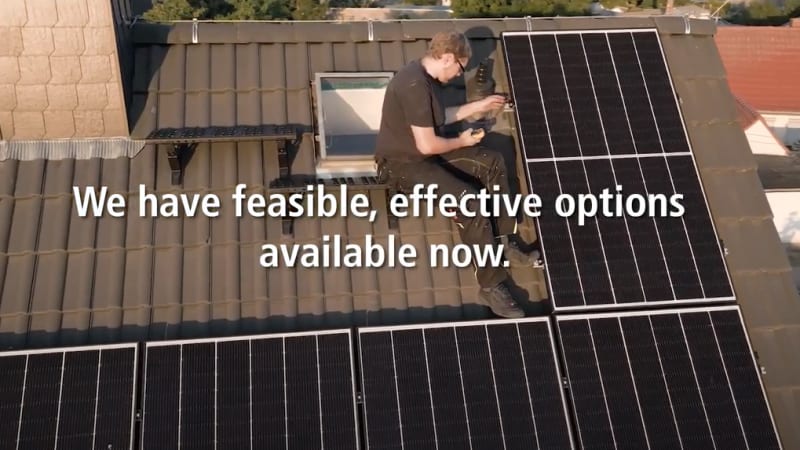'Act now': Scientists appeal to us all to salvage 1.5C climate goal

Climate scientists on Monday appealed directly to everyone on the planet to seize a dwindling chance to limit global warming to an average increase of 1.5 degrees Celsius (2.7 Fahrenheit) or risk harming people living today and their descendants for thousands of years to come.
With graphics showing individuals — from babies to pensioners — set to suffer ever more from rising heat, the report by the U.N.’s Intergovernmental Panel on Climate Change (IPCC) gives a more personal twist to findings about looming threats than its past studies directed at governments.
Governments have fallen far short of pledges in the 2015 Paris Agreement to limit heating of the climate by shifting off fossil fuels, amid crises including COVID-19, Russia’s invasion of Ukraine, food shortages and strained ties between China and the United States, the top two greenhouse gas emitters.
The IPCC summary for policymakers, condensing thousands of pages of climate science in six mammoth reports published since 2014, is sprinkled with references to healthier lifestyles, such as cycling, walking and diets rich in fruits and vegetables with less high-carbon meat.
It also outlines the surging risks to mental health from a warming climate.
The last such summary for policymakers, in 2014, had far fewer references to individuals and their behavior. The latest one was approved after a weeklong meeting of scientists and governments in Interlaken, Switzerland, to negotiate the text.
The report reiterates previous IPCC findings that it is “unequivocal” that humanity is to blame for climate change.
But notably, in a difference from earlier reports, it shows “high” or “very high” confidence from scientists about the scale of coming risks and the shrinking opportunities to address them.
The IPCC also appeals to people’s self-interest, saying that action to combat climate change by shifting to clean energy makes sense for health and wellbeing, in what delegates said was partly an attempt to win over those who doubt the science or economics.



